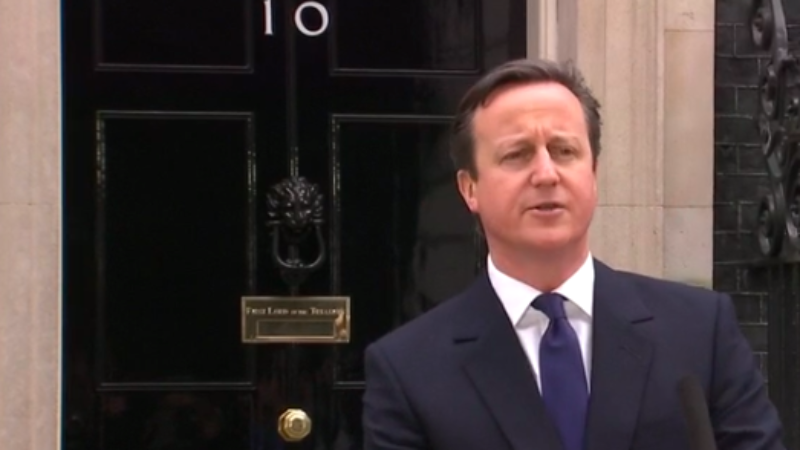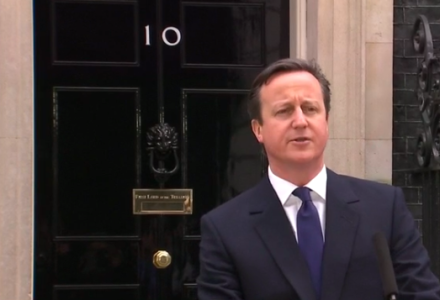
Elections are about competence. And this one is no different. People want to know the ability of leaders and their parties to take reasonable and balanced decisions. In normal circumstances, this is to the benefit of the incumbent given that they have a track record and extreme events such as, say, a global financial crisis are relatively rare.

This election takes place in an environment where there are a series of warning signs- on NHS performance, the benefits system, an economy that remains unbalanced, a constitution that is sundering and a global financial system that is still out of kilter – but there is no evident crisis. In normal circumstances therefore, you’d expect the incumbent to have a significant advantage. Yet the Conservatives seem to be short of the 290 or so seats that they will need to govern (with the Liberal Democrats and the DUP in tow). The reason is quite simple: this election campaign has raised questions about its fitness to govern.
And yes, this is about Michael Fallon and it is about John Major and it is about Lynton Crosby. Where once people might have had questions about competence, they now increasingly have questions about character. And these questions approach the Prime Minister himself with increasing velocity. This is shoddy and divisive stuff. Having gone for Ed Miliband himself without effect, the Conservatives now target the SNP and use words like ‘blackmail’, ‘coup’ and ‘mayhem’. This is more than electioneering as usual. It’s questioning the very legitimacy of the UK and its freedom to choose a Government other than a Conservative-led one.
Fitness to govern is about your ability to reflect the values of a nation not just make governmental decisions. Thank God that this country remains a decent one- even though one of its major papers thinks it’s appropriate to publish articles likening desperate people fleeing a war-zone to ‘cockroaches’.
One of the reasons that fitness to govern is becoming so pertinent is because of the campaign being fought by Ed Miliband. It is calm, intelligent and articulate. Faced with the right-wing hounds of hell, he has simply stood his ground. Carry on. His character is beginning to shine through and the competence questions that any opposition leader faces are starting to recede.
Labour supporters have to be ready not just for the election but its aftermath. This Conservative campaign has two sequential objectives. The first is to raise the ghost of antagonistic English nationalism. The most corrosive voices from the perspective of the Union have, amazingly, been Conservative rather than UKIP ones. The hope is that this will enable reclaimed UKIP voters to enable the Conservatives to squeak past 290. If that fails, the second objective is to de-legitimise a minority Labour Government. The Conservative campaign will go up a gear on May 8th rather than down tools. The aim will be to de-legitimise the Government in the mind of the public and, failing that, sow rancour between Labour and the parties with whom it would have to co-operate over the next few years.
Luckily, Labour will hold the cards. It can set the tone. It can lay out early and positive action to show it can govern effectively- even as a minority. This requires respectful interaction with other parties even where there are fundamental disagreements. In other words, it requires precisely the same tone adopted by Ed Miliband during the campaign. The election is only the beginning. Post-election will be just as critical.
Character and values matter. For some inexplicable reason, the Conservatives have decided to place themselves on the wrong side of the debate. The contrast between them and Labour’s leader increases the intensity of the question. Of course, all of the scenarios above become redundant if Labour wins a majority. And given the worst campaign in recent British history, that is the fate that the Conservatives deserve.




More from LabourList
Tom Belger column: ‘Why is Labour making migrant exploitation easier?’
Ashley Dalton resigns as health minister for cancer treatment
Paul Nowak column: ‘Labour must focus on the basics’